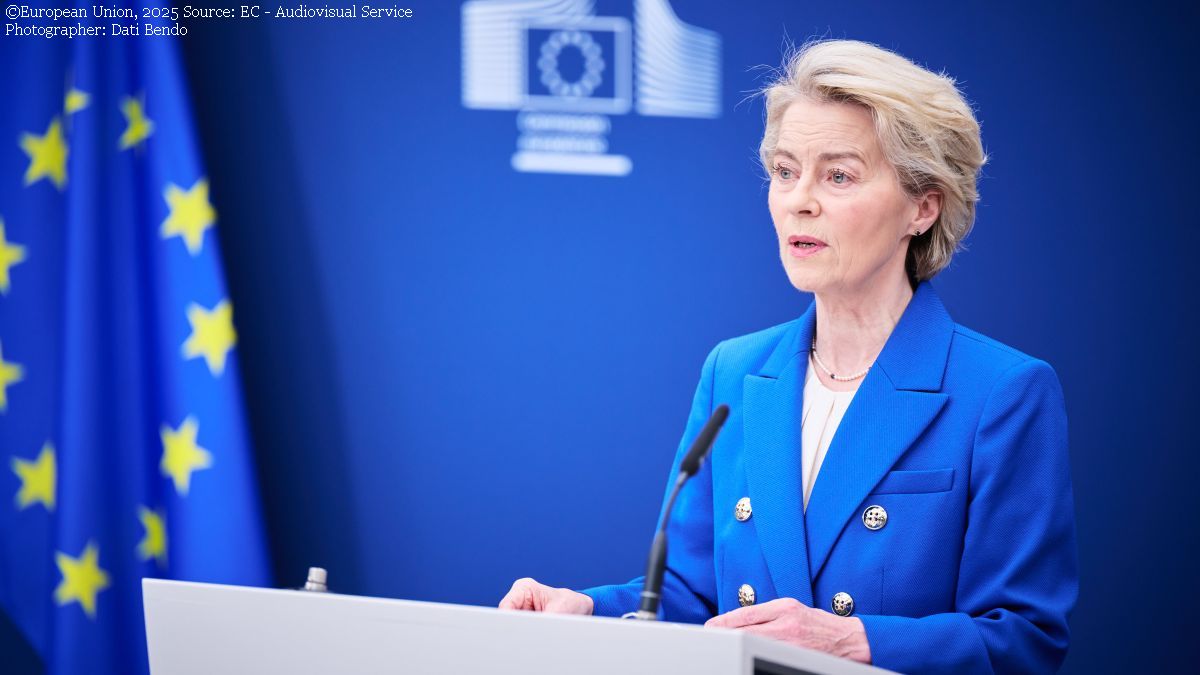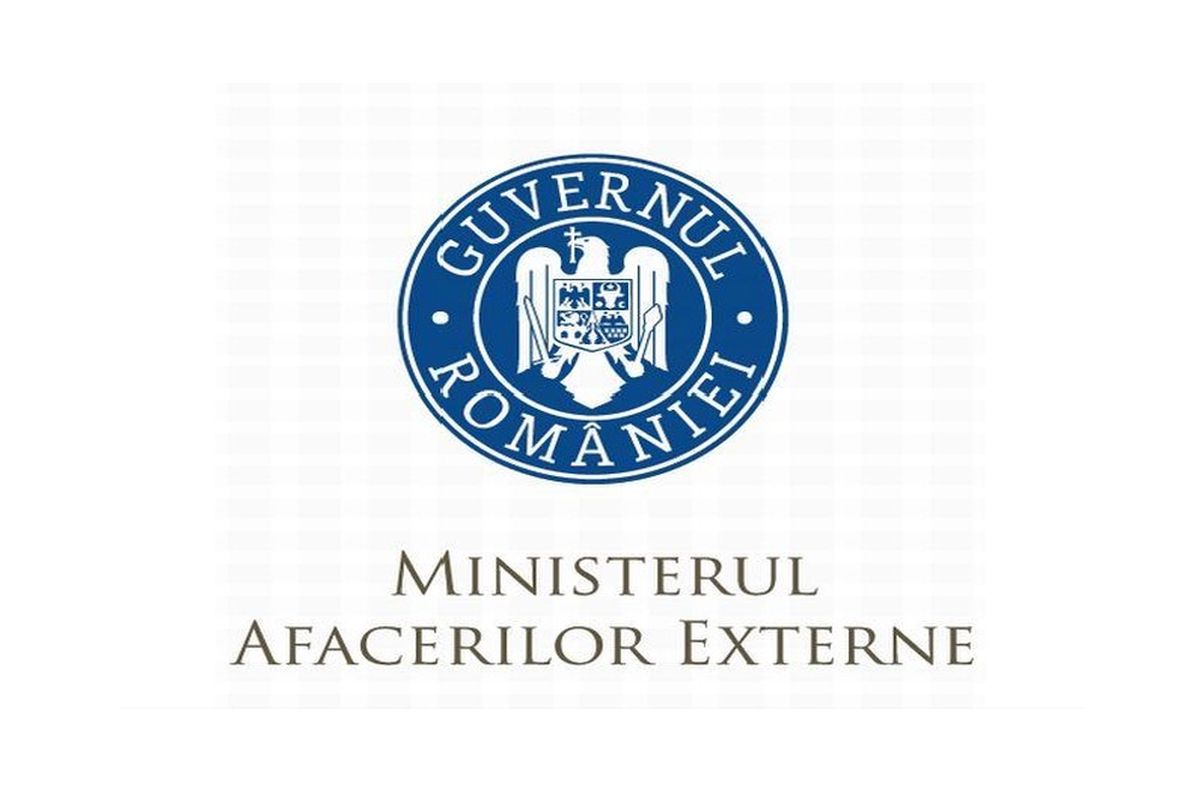The “ailments” of the Romanian healthcare system
The authorities are looking for solutions abroad for Romanian patients in need of immediate lung transplant.

Mihai Pelin, 22.03.2017, 13:23
Every successive
government in the last 25 years has tried to reform the country’s struggling
healthcare system, but results are yet to appear. Under-funding, corruption,
inefficient treatments, almost inexistent prevention programmes,
hospital-acquired infections, high mortality rates and staff migration abroad
to look for better jobs are just some of the problems affecting Romania’s
healthcare system.
A new heavy blow
has been dealt to Romanian patients recently when the AKH hospital in Vienna
unilaterally terminated its contract with the Romanian authorities on grounds
of the reduced capacity of its transplant centre. The Romanian patients who
need immediate lung transplant are therefore left with no option. According to
the Healthcare Minister Florian Bodog, what the Austrian hospital did is both
unfair and illegal. On the other hand, the Romanian Transplant Authority had an
inappropriate response as well, the Minister explained, and promised the
authorities are working to resolve the issue. Florian Bodog:
According to
protocol, the clinic in Austria had no right to unilaterally terminate this
contract. At the same time, we are in touch with the other centres performing
lung transplant, namely those in Prague and Germany. Normally, the National
Transplant Authority should have been working with at least two centres. As far
as I know, the necessary steps have already been taken, they already had
signals in this respect. Something similar happened last year as well, when the
clinic in Vienna blocked transplants, but in my opinion this unilateral
termination of the contract is illegal.
In the past 10
years, almost 40 Romanians benefited from lung transplant at the AKH hospital,
and five others were on the waiting list for similar interventions. For each of
these operations, the Romanian state paid 120,000 euros. Kidney, liver and heart
transplants have been performed in Romania for several years, but lung
transplants are not available at present because patient safety cannot be
ensured.
Under the
circumstances, it comes as no surprise that the Romanian healthcare system
ranks last in Europe, according to a recent survey of 35 countries. The
document highlights that Romanians usually bypass family doctors and resort to
in-hospital treatment instead. Also, in Romania patients have to wait long to
receive new medication, overall death rates are 25% above the EU average, and
child mortality rate is 2.5 times higher than the European average. The figures
only confirm the serious condition the Romanian healthcare system is currently
in.






























